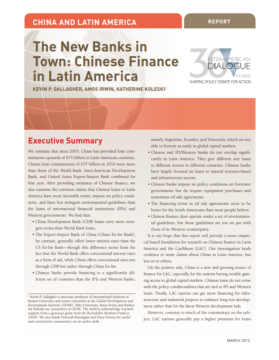Hugo Stay Home
Hugo Chavez, the Venezuelan president, has clearly been enticed by the Libyan drama, where his longtime friend and ally, Muammar al-Qaddafi, is under siege from rebel forces.
This post is also available in: Español
Venezuelans are eager to vote in the July 28 presidential election. While most lack the time or energy to take to the streets and protest the country’s ongoing crisis, reliable polls indicate that they will mobilize to vote—and will vote for change. Not surprisingly, this scares those in power, prompting efforts to tighten control over both the electoral process and its outcome.
In May, the National Electoral Council revoked an invitation to the European Union to send an electoral observation mission. A few days later, Colombia’s foreign minister Luis Gilberto Murillo announced that his country will not send observers, raising serious doubts about President Gustavo Petro’s efforts to foster a fair contest. Although Brazil’s President Luiz Inácio Lula da Silva has called for an “ample presence” of observers, the country’s Superior Electoral Court will not send a mission. With the clock ticking, the United Nations and the Carter Center are still considering their responses to Venezuela’s invitations to conduct their electoral missions.
While independent observers may not prevent the government’s abuse of power, they can help voters feel safer and cast their ballots.
[...]
Hugo Chavez, the Venezuelan president, has clearly been enticed by the Libyan drama, where his longtime friend and ally, Muammar al-Qaddafi, is under siege from rebel forces.
Estimates of the volume, composition, and characteristics of Chinese lending to the region since 2005.
Is the Venezuelan government likely to comply with the IACHR’s ruling or will it uphold the ban?
 A.Davey / Flickr / CC BY-NC-ND 2.0
A.Davey / Flickr / CC BY-NC-ND 2.0
